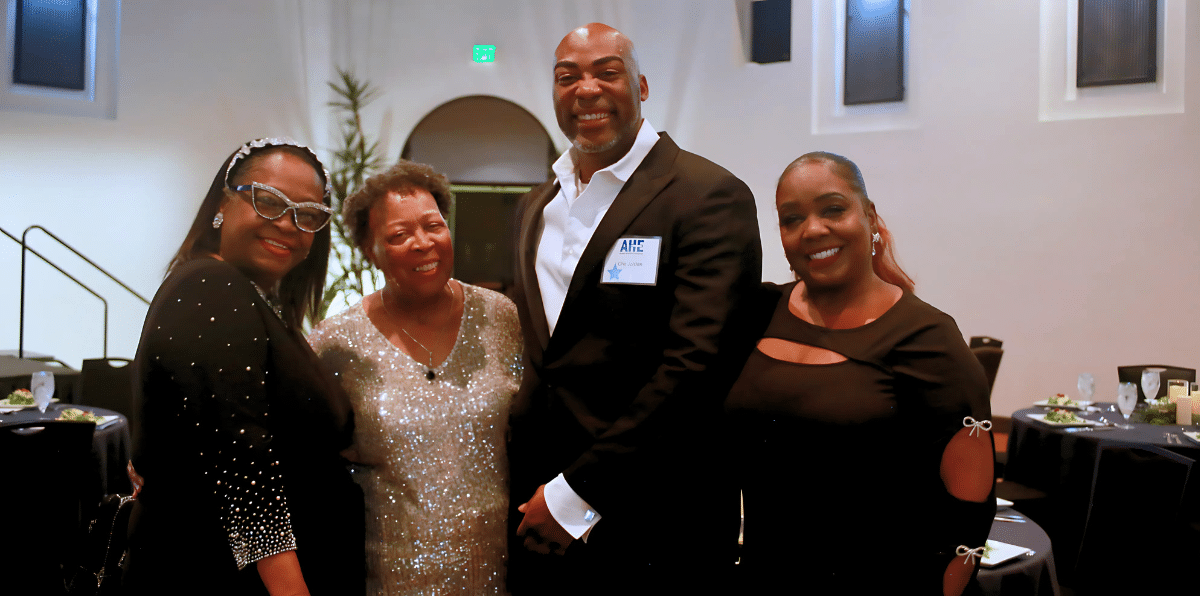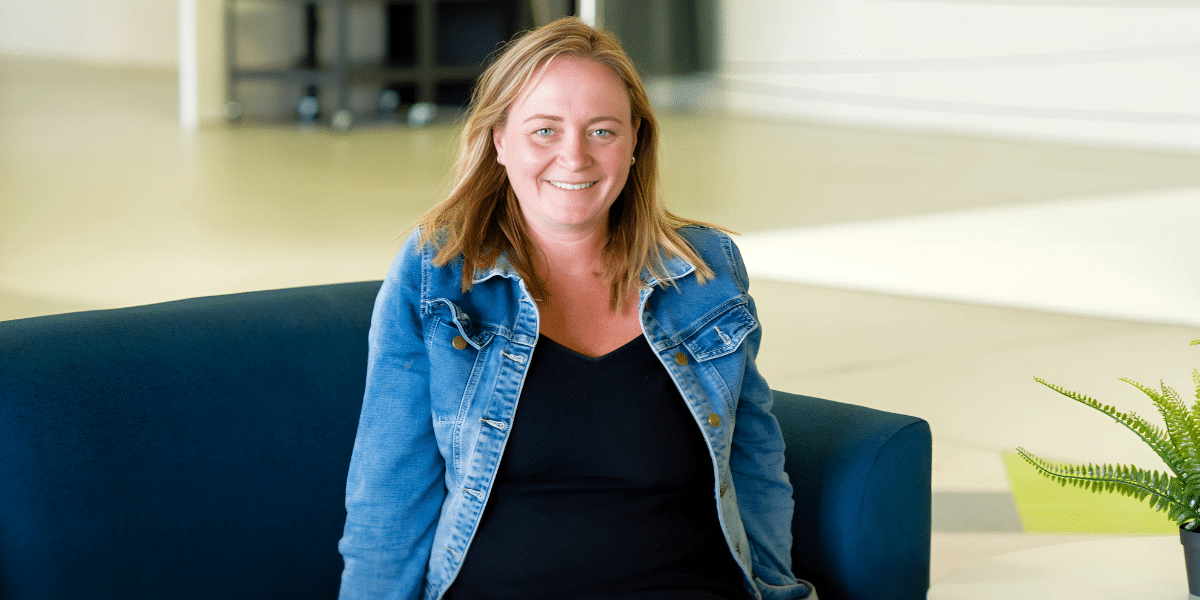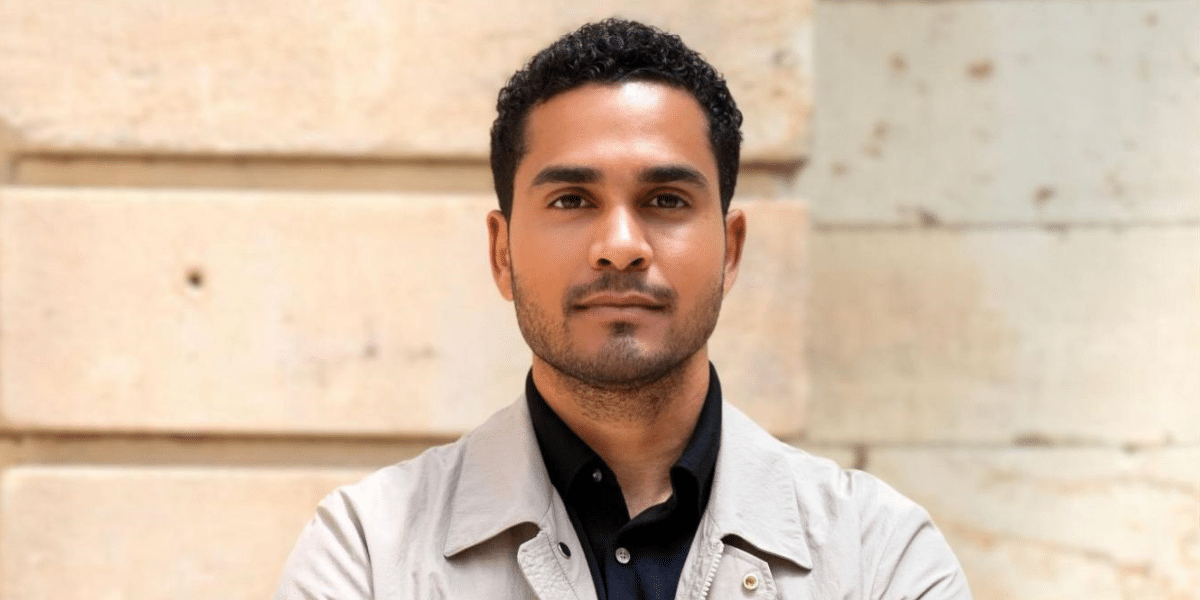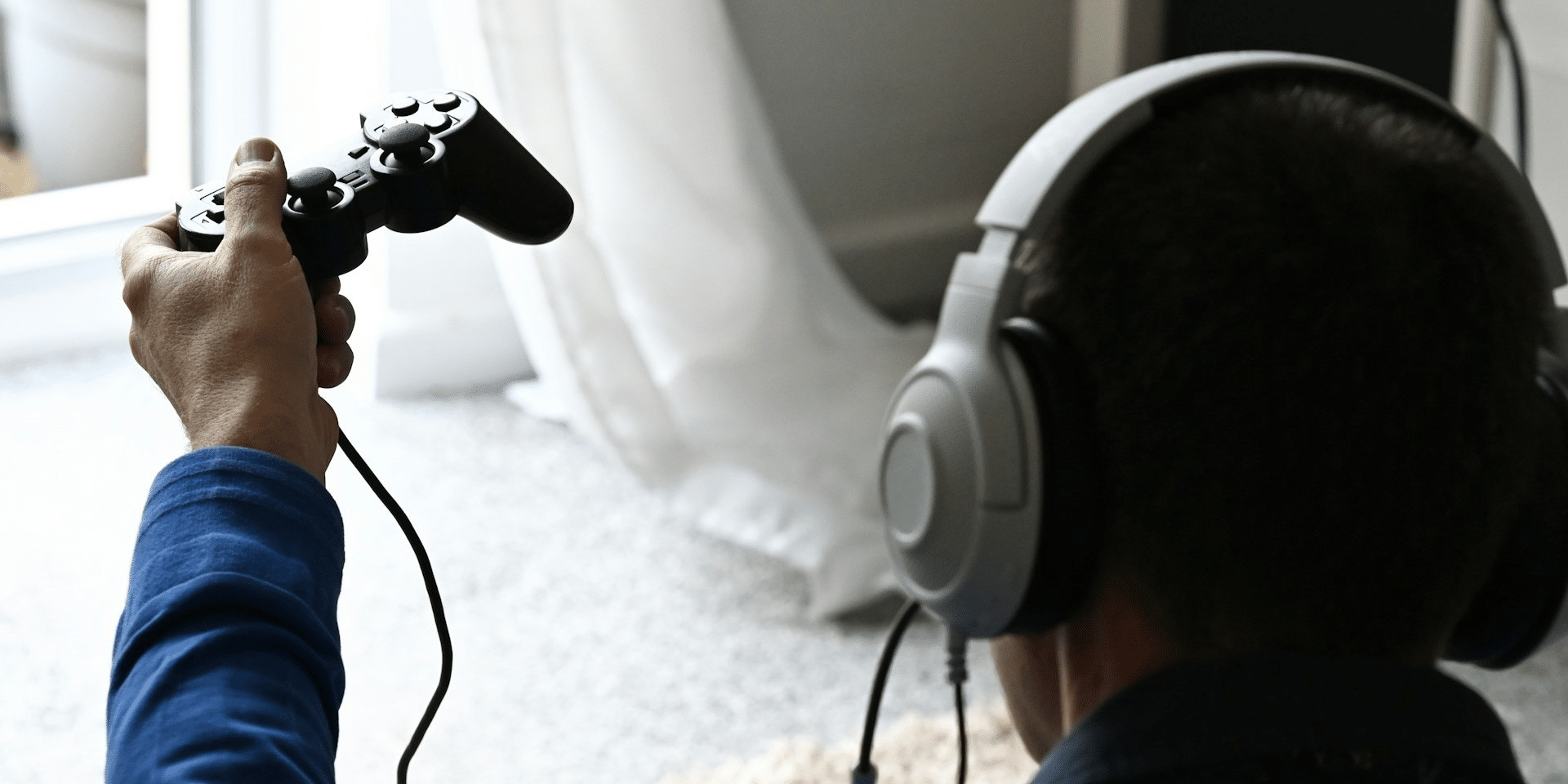By: Maria Williams
Australia faces a growing trust gap between workers and employers, creating significant business challenges in today’s evolving workplace environment. Sydney-based HR consultancy HumanX has highlighted this trend, which is emerging as industries navigate the complexities of AI integration, flexible work policies, and societal changes.
Recent data from Dayforce’s annual workforce trends survey underscores the seriousness of the issue, with 38% of Australian employees expressing a lack of trust in their employers. According to Hich Nasr, Partner at HumanX, this distrust can have far-reaching consequences. “Given the current cost of living pressures, employees might not quit, but instead, they may disengage, working half-heartedly,” Nasr explains. “That disengagement can cost the organization of the employee’s salary, leading to significant problems.”
Key Drivers of the Widening Trust Gap
Several factors are driving the increase in workplace mistrust across Australia:
The AI Trust Gap
Artificial intelligence (AI) reshapes the workplace, but many employees remain skeptical. While 82% of business leaders embrace generative AI, fewer than 40% of non-management staff share their enthusiasm, according to research by Salesforce. Additionally, 81% of office workers feel inadequately trained in AI, deepening the trust gap around this transformative technology.
Workplace Monitoring
The rise in workplace productivity monitoring tools is another contributor to eroding trust. Although these tools can be useful, they often make employees feel micromanaged. Research suggests excessive monitoring may lead to reduced performance and increased deviant behaviors, further damaging workplace dynamics.
Blurred Work-Life Boundaries
The shift towards remote and hybrid work has blurred the line between personal and professional life. Australians work more hours than ever, leaving many employees pressured to be constantly available. Recent “right to disconnect” laws aim to address this by restoring balance, but they only scratch the surface of the underlying issues.
Societal Shifts
Wider societal concerns, such as income inequality and increasing distrust in corporate Australia, also fuel workplace mistrust. Publicized corporate scandals and the perception of high profits in certain sectors have created skepticism toward large organizations.
Rebuilding Trust in the Workplace
Despite these challenges, there are ways for businesses to bridge the trust gap. HumanX advises companies to focus on transparent leadership, involving employees in decision-making processes, and maintaining open communication around new technologies. “Employees are more likely to trust their employers when the purpose of workplace monitoring is communicated,” says Nasr. He also stresses the importance of relevant training, especially around AI, to empower employees and rebuild confidence.
Responsible AI: Key to Building Trust
AI will play a central role in the future of work, but its responsible use is crucial for maintaining trust. The Responsible AI Index 2024 reveals a significant gap between perception and reality, with 78% of Australian businesses believing they are using AI responsibly, while only 29% do so. In response, the Australian government introduced a Voluntary AI Safety Standard to ensure AI is implemented safely and ethically. Industry and Science Minister Ed Husic noted that AI must be used “safely and responsibly” to maintain public trust.
The Positive Ripple Effects of High Trust
Encouraging high trust within organizations is critical for retaining talent, particularly among younger workers who prioritize agency and purpose in their jobs. Nasr points out that “high trust may lead to increased productivity, collaboration, and creativity,” driving better business outcomes.
As Australia’s workplace trust gap widens, businesses must proactively address the issue. Efforts to rebuild trust enhance employee engagement and improve overall organizational performance in the long run.
Media Contact Hich Nasr hich@humanxhr.com.au 0400 213 104 1300 117 789
About HumanX HumanX is an HR consultancy based in Sydney specializing in outsourced HR services and workplace relations. HumanX collaborates with diverse clients, from government entities to retail brands and engineering firms. https://www.humanxhr.com.au/
Sources:
- https://www.smartcompany.com.au/people-human-resources/human-resources/thirty-eight-percent-australian-workers-dont-trust-employers/
- https://www.salesforce.com/au/news/stories/ai-work-trust/
- https://hbr.org/2024/02/surveilling-employees-erodes-trust-and-puts-managers-in-a-bind
- https://www.pc.gov.au/ongoing/productivity-insights/bulletins/bulletin-2024/productivity-bulletin-2024.pdf
- https://www.roymorgan.com/findings/9601-roy-morgan-eofy-webinar-distrust-in-corporate-australia-july-2024
- https://psnews.com.au/voluntary-ai-safety-measures-introduced-before-mandated-regulations-adopted/142373
- https://www.minister.industry.gov.au/ministers/husic/media-releases/aussie-businesses-need-more-guidance-safe-ai-adoption
Published by: Holy Minoza














